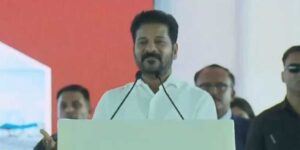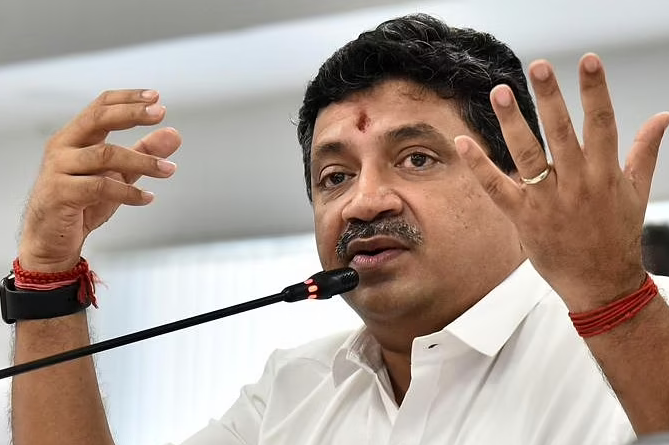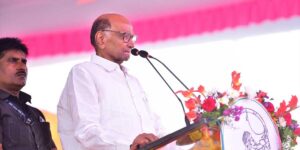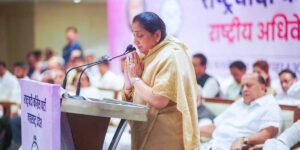Tamil Nadu finance minister PTR Palanivel Thiagarajan’s grouse about the nature of revenue gathering having changed in India is credible criticism of the system as it exists after the introduction of GST. Before the “great and simple tax” came into being, states were free to raise revenues through indirect taxes which allowed financial freedom to make policies. States are now dependent on federal fund transfers that have become too political. Today, Tamil Nadu and Kerala, the two states with the least population growth and best fulfilment of parameters of progress in child health, education and several other social spheres, are suffering the most in terms of being denied a fair share of revenue. The two States are among the worst off in terms of the differential between transfers from the Union and their own tax revenue. Thiagarajan’s complaint about States having become virtual municipalities in terms of managing their own finances has more than a ring of truth to it. The chart from a data scientist carried by the BBC brings out the enormity of the unfair nature of federal revenue transfers. Given the population parameter by which revenues are distributed, the south, well-known for population control measures that have been woven into the system through education and awareness, is likely to suffer even more if the delimitation process is completed this decade and seats to Parliament are decided.

 Politics
Politics Business
Business Entertainment
Entertainment Sports
Sports Celebrities
Celebrities





